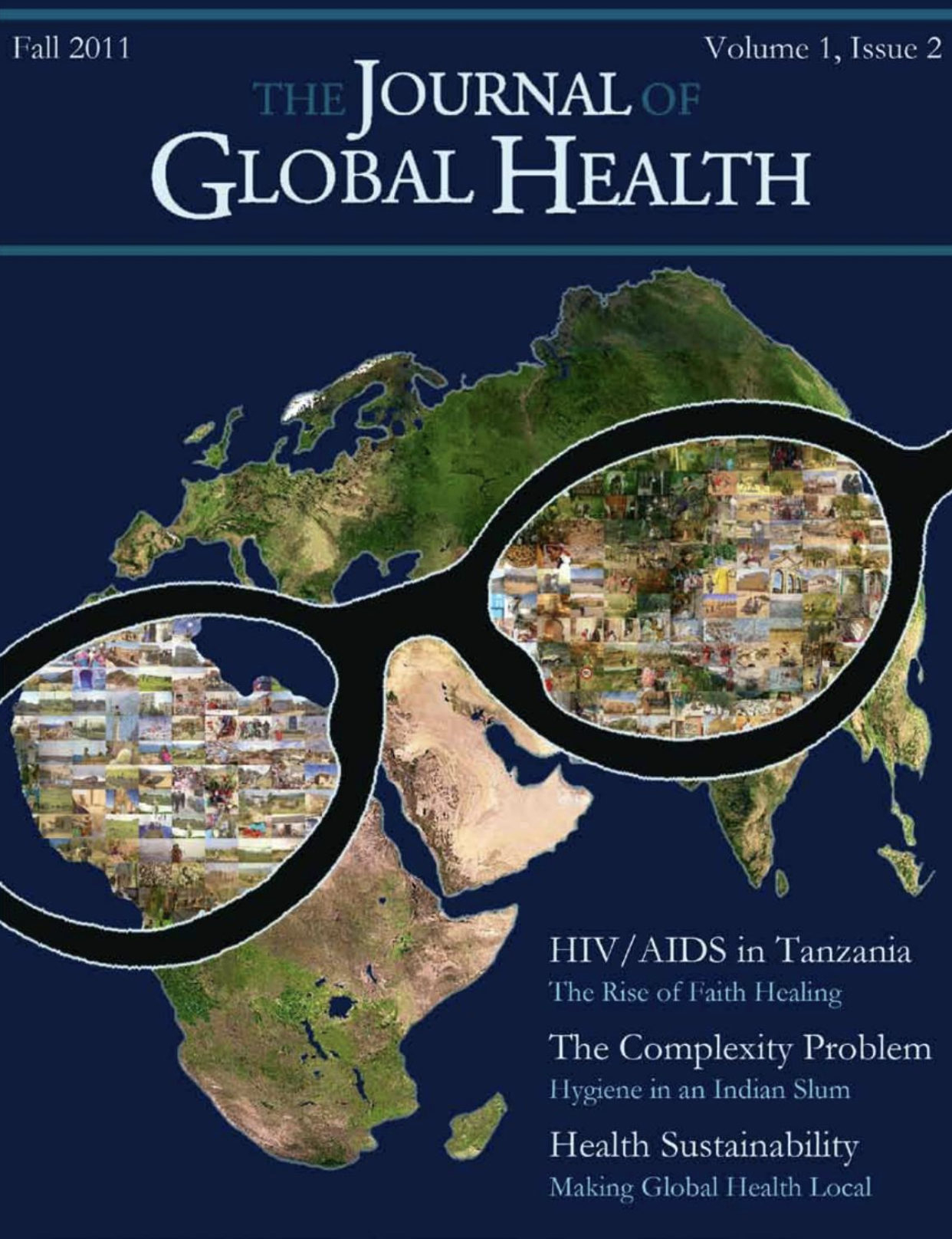Expanding the Definition of Infectious Disease A Review of HIV & Schistosomiasis
Main Article Content
Abstract
Over the past century, as the field of public health adopted new actors and new priorities, the definition of infectious disease expanded, yielding new ideas on controlling and treating disease. In its primary form, infectious disease referred to a collection of symptoms resulting from infection by a single pathogen. As this definition expanded, it incorporated upstream causes such as poverty, access to health infrastructure and stigma. However, we must now adopt an even more expansive definition of infectious disease that integrates symptoms stemming from a collection of pathogens and a collection of upstream factors. Human immunodeficiency virus (HIV) and schistosomiasis illustrate the importance of recognizing the interactions that exist between different infections. In this specific case, as upstream factors lead to infection by one pathogen, the risk of transmission of the other diseases increases almost three-fold. As we move into the future and develop new interventions, control mechanisms are needed to combat specific pathogens, their upstream factors, and their interactions with each other. Once we accept that illness is affected by a combination of different infections, we can develop more effective treatments and public interventions to: 1) further prevent disease, 2) prolong life, and 3) promote health.

